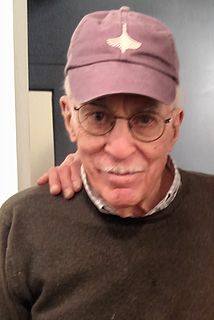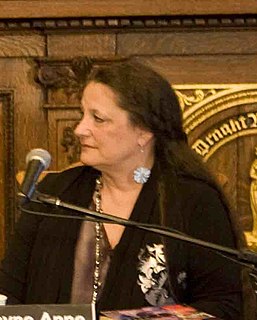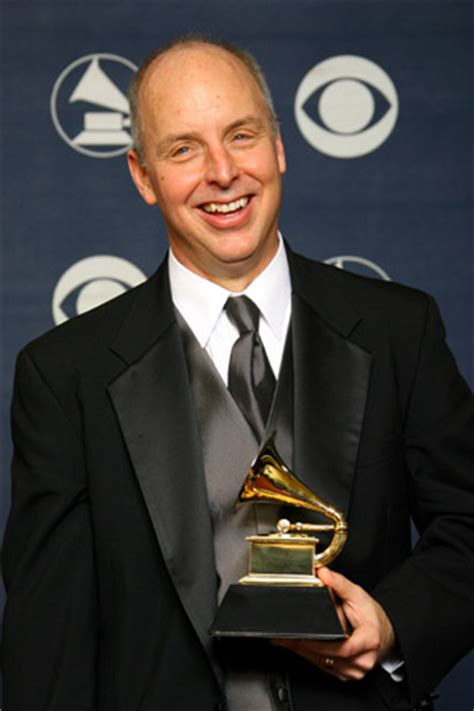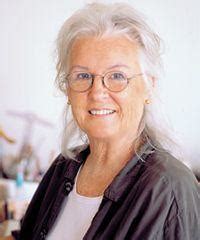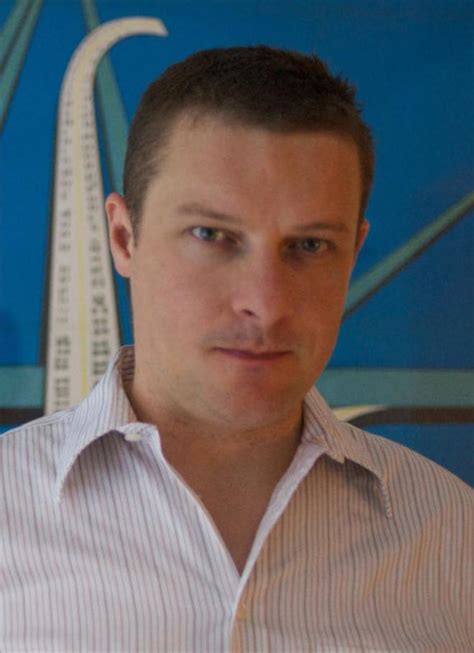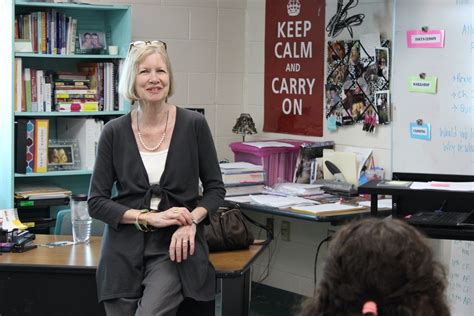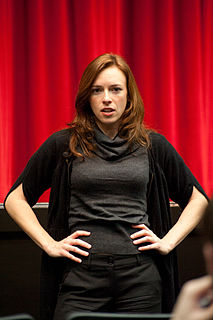A Quote by Roger Angell
Our stories about our own lives are a form of fiction, I began to see and become more insistent as we grow older, even as we try to make them come out in some other way.
Related Quotes
If all stories are fiction, fiction can be true -- not in detail or fact, but in some transformed version of feeling. If there is a memory of paradise, paradise can exist, in some other place or country dimensionally reminiscent of our own. The sad stories live there too, but in that country, we know what they mean and why they happened. We make our way back from them, finding the way through a bountiful wilderness we begin to understand. Years are nothing: Story conquers all distance.
The healing that can grow out of the simple act of telling our stories is often quite remarkable. Even more remarkably, this healing is not just our own healing, it is the healing of all women. That's why, as we tell our stories to ourselves, it is also important to share them with others. This sharing brings a sense of kinship, of sisterhood. We understand that we are not alone in our efforts to become conscious, whole, healthy persons.
We read novels because we need stories; we crave them; we can’t live without telling them and hearing them. Stories are how we make sense of our lives and of the world. When we’re distressed and go to therapy, our therapist’s job is to help us tell our story. Life doesn’t come with plots; it’s messy and chaotic; life is one damn, inexplicable thing after another. And we can’t have that. We insist on meaning. And so we tell stories so that our lives make sense.
Stories? We all spend our lives telling them, about this, about that, about people … But some? Some stories are so good we wish they’d never end. They’re so gripping that we’ll go without sleep just to see a little bit more. Some stories bring us laughter and sometimes they bring us tears … but isn’t that what a great story does? Makes you feel? Stories that are so powerful … they really are with us forever.
Some people come into our lives and they move our souls to sing and make our spirits dance. They help us to see that everything on earth is part of the incredibility of life... and that it is always there for us to take of its joy. Some people come into our lives and leave footprints on our hearts and we are never ever the same.
Larry and I, and a bunch of our colleagues, were sitting on great stories that needed to get out to an audience in one way, shape or form. We've both produced comics in the past, and audio dramas seemed like a similarly interesting option, the other side of the coin. As we've continued with the project, the format has become a vital way for us to tell our stories.
You grow a whole lot more as a writer by getting old stories out of the house and letting new ones come in and live with you until they grow up and are ready to go. Don't let the old ones stay there and grow fat and cranky and eat all the food out of the refrigerator. You have dozens of generations of stories inside you, but the only way to make room for the new ones is to write the old ones and mail them off.
What do you know about yourself? What are your stories? The ones you tell yourself, and the ones told by others. All of us begin somewhere. Though I suppose the truth is that we begin more than once; we begin many times. Over and over, we start our own tales, compose our own stories, whether our lives are short or long. Until at last all our beginnings come down to just one end, and the tale of who we are is done.
I think that cinema and the arts are central in our lives because we grow up and learn about the world through our exposure to stories. Parents use them as a tool to teach their children fundamental truths and values, much as adults can view them to gain exposure to cultures and individuals that they'd never be able to view in their own lives.
It used to be, if you were a reporter, you wrote a story and then you moved on to the next one. We were used to people coming to the New York Times. We waited for them to turn on our website or to pick up our print paper and see what we have. We now understand that we have to make our stories available to our readers. A lot of people get their news from Facebook or Twitter and we want to make sure that they see some of our best stories there, too. We do this more aggressively now than we did before.
